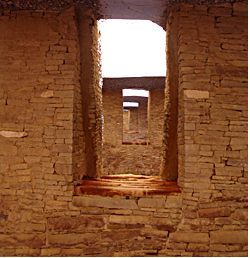
Anthropology Graduate Student Publications
Document Type
Article
Publication Date
Spring 2017
Abstract
This paper uses zooarchaeology and community paleoecology to interpret the invertebrate assemblage from a middle Holocene shell midden in Southeast Alaska. The composition of midden 13.3 at Labouchere Bay (AHRS# 49-PET-746), which was occupied between 6,500 and 2,500 calendar years before present, reflects changes in how the human inhabitants of the site interacted with intertidal shellfish communities. The amount of shellfish from soft substrate habitats (mudflats) did not change significantly over time, while the amount of shellfish from hard substrate habitats (rocky tide pools) declined. This trend in the relative abundance of these shellfish in the midden may have been influenced by environmental factors, but may be better explained by changes in human behavior. These behavioral changes could represent foraging adaptations in response to resource depression at different tidal ranges or increasingly-organized household economic systems.
Publication Title
Journal of Northwest Anthropology
Language (ISO)
English
Recommended Citation
Williams, Mark R.. "Changes in Middle Holocene Shellfish Harvesting Practices: Evidence from Labouchere Bay (49-PET-476), Southeast Alaska." Journal of Northwest Anthropology (2017). https://digitalrepository.unm.edu/anth_sp/1
